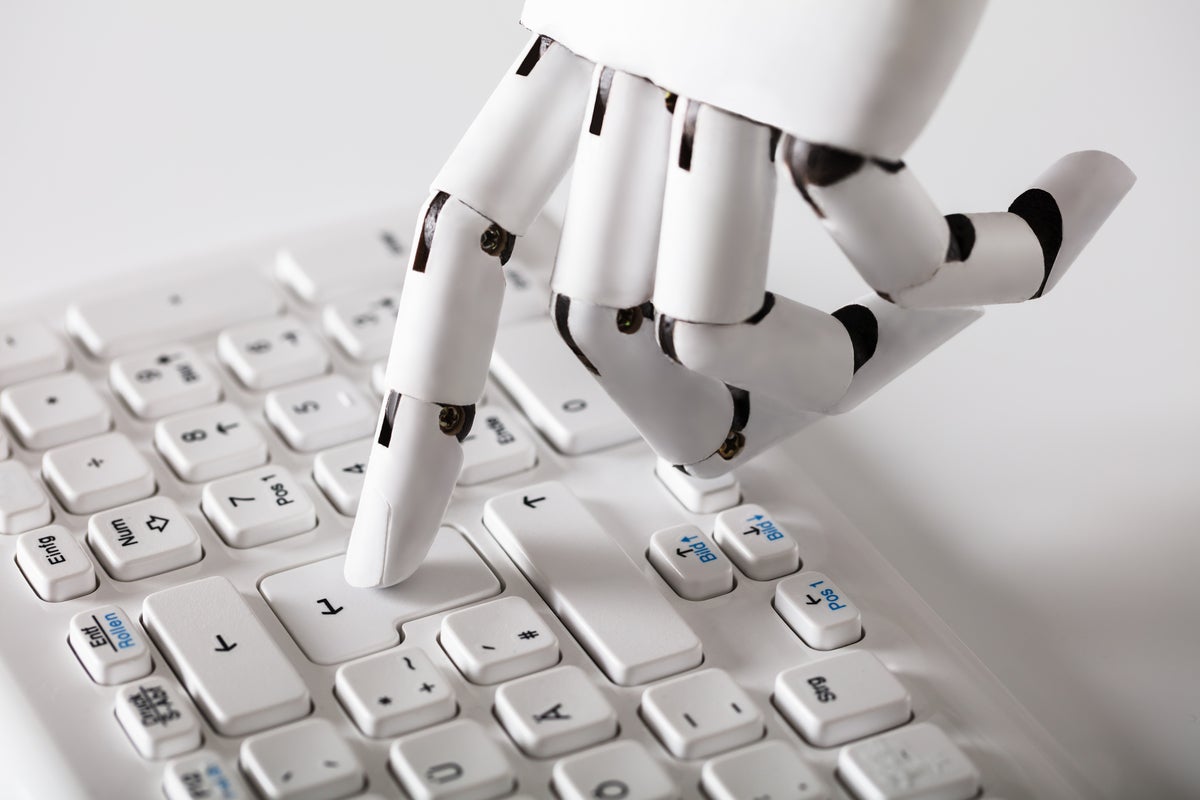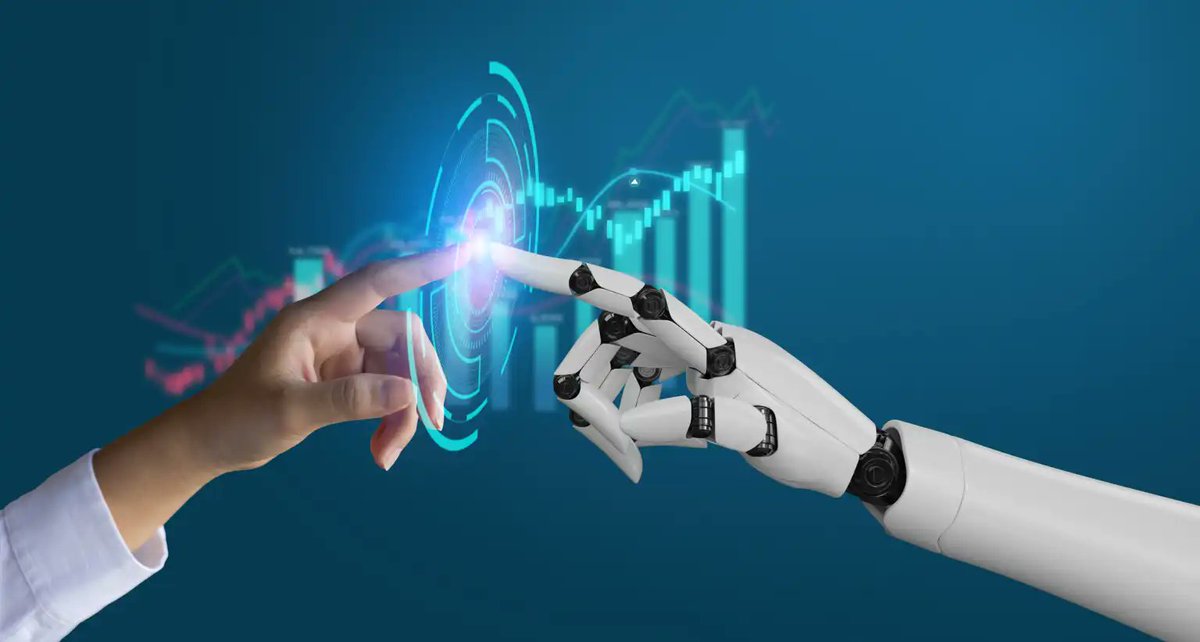AI-Generated Tweets More Likely to Be Believed Than Human-Written Tweets, Study Finds
June 29, 2023 By Raulf Hernes

(Image Credit Google)
(Image credit- Government Technology)
A recent study comparing tweets written by humans and those generated by AI discovered that readers were more likely to believe stuff produced by OpenAI's GPT-3 model.
Unexpectedly, the test's findings showed that, regardless of how accurate the material was, individuals preferred
AI-generated tweets as sources of information.
This focuses on how people may be easily duped by information generated by AI, but it also shows how AI can create more engaging content that can either inform or mislead the general population.
People Trust AI-Generated Tweets More Than Human-Generated Tweets
The study, which was published in the Science Advances journal, claims that after testing its participants, artificial intelligence (AI) produces reliable and engaging social media content better than humans.
Participants found it challenging to discern between tweets sent by genuine Twitter users and those created by the AI tool when the researchers presented them with several tweets produced by humans and GPT-3.
[caption id="" align="aligncenter" width="1200"]

Image credit- Twitter[/caption]
Participants in the study were also exposed to fake news and deceptive information created by an
AI language model that focused on issues like vaccines and climate change which are the targets of numerous internet disinformation campaigns.
According to the reports, the participants could not distinguish if this information was true or false, and they could only recognize accurate data if it had been created by GPT-3 rather than a human.
Giovanni Spitale, the study's lead author and a postdoctoral researcher and research data manager at the Institute of Biomedical Ethics and History of Medicine at the University of Zurich, said: "These kinds of technologies, which are amazing, could easily be weaponized to generate storms of disinformation on any topic of your choice."
For this study, the researchers used Facebook advertisements to elicit responses from 697 participants.
Is information dissemination intended for an AI future?
One of the most important technological advancements of our day is artificial intelligence (AI), and many have embraced this technology to benefit the various sectors it supports.
AI has been embraced by several companies, including numerous news and media organizations, to assist employees. This study's assertion that AI is more persuasive and reliable for the audience, however, suggests that the future may alter and that many people may receive inaccurate misinformation.
[caption id="" align="aligncenter" width="1200"]

Image credit- Twitter[/caption]
OpenAI, Microsoft, and Twitter
The most cutting-edge technology available today is artificial intelligence (AI), and Microsoft and OpenAI are leading the way with significant new advances as numerous other companies scramble to keep up.
Recently, ChatGPT-4 from OpenAI was able to connect to the internet to expand its functionalities. It was made feasible by the introduction of plugins, which give ChatGPT access to websites and other internet resources so that it may respond to user inquiries more pertinently and precisely.
Also read:
Apple A16 Bionic GPU is outperformed by the Qualcomm Adreno 740 in the Samsung Galaxy S23 Ultra: better SoC performance?
Another study found that AI might be used to trick cybersecurity professionals into not performing their jobs accurately and correctly. Researchers from Georgetown University's study on AI misinformation found that it might be used to trick even professionals and academics.
Twitter and Meta are two social media companies that are now stepping up their AI skills to enhance their offerings. Spitale pointed out that the greatest long-term approach to combating misinformation was to go "low-tech," promoting critical thinking abilities so that people would be better able to tell the difference between reality and fiction.


 Image credit- Twitter[/caption]
Participants in the study were also exposed to fake news and deceptive information created by an AI language model that focused on issues like vaccines and climate change which are the targets of numerous internet disinformation campaigns.
According to the reports, the participants could not distinguish if this information was true or false, and they could only recognize accurate data if it had been created by GPT-3 rather than a human.
Giovanni Spitale, the study's lead author and a postdoctoral researcher and research data manager at the Institute of Biomedical Ethics and History of Medicine at the University of Zurich, said: "These kinds of technologies, which are amazing, could easily be weaponized to generate storms of disinformation on any topic of your choice."
For this study, the researchers used Facebook advertisements to elicit responses from 697 participants.
Image credit- Twitter[/caption]
Participants in the study were also exposed to fake news and deceptive information created by an AI language model that focused on issues like vaccines and climate change which are the targets of numerous internet disinformation campaigns.
According to the reports, the participants could not distinguish if this information was true or false, and they could only recognize accurate data if it had been created by GPT-3 rather than a human.
Giovanni Spitale, the study's lead author and a postdoctoral researcher and research data manager at the Institute of Biomedical Ethics and History of Medicine at the University of Zurich, said: "These kinds of technologies, which are amazing, could easily be weaponized to generate storms of disinformation on any topic of your choice."
For this study, the researchers used Facebook advertisements to elicit responses from 697 participants.
 Image credit- Twitter[/caption]
Image credit- Twitter[/caption]






